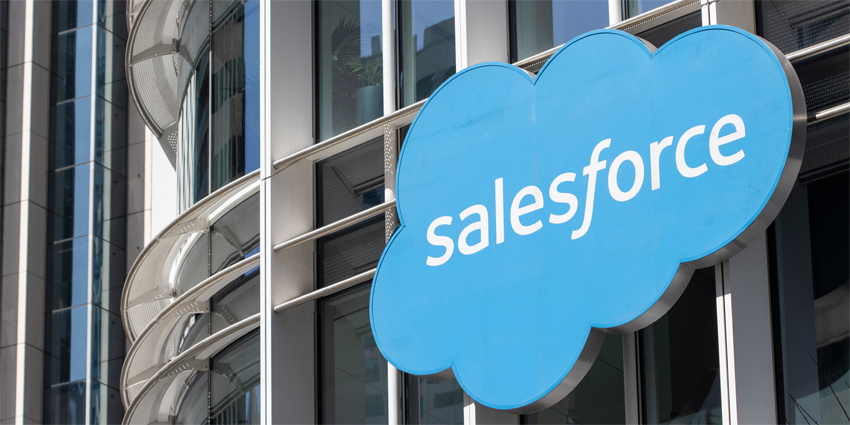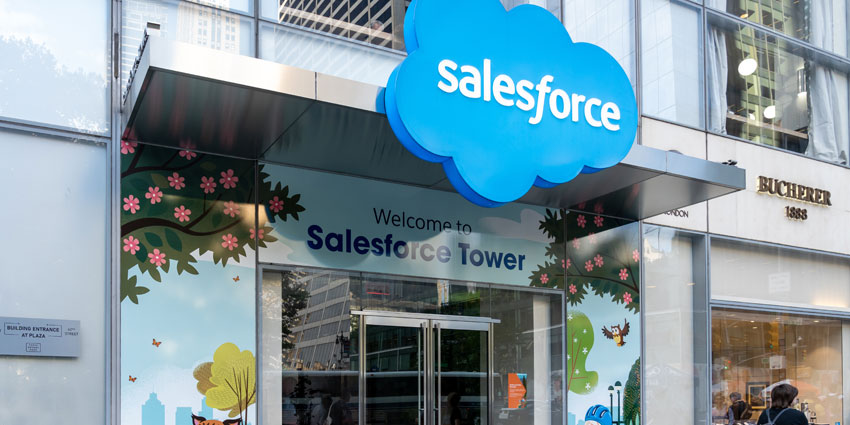In the customer experience landscape, few tools are more valuable than the CRM system. Otherwise known as a “Customer Relationship Management” solution, the CRM is built to track and improve consumer interactions.
Over the years, CRMs have gradually become a central part of the CX strategy, working hand-in-hand with contact centre, helpdesk, and service desk technology. According to Allied Market Research, the market for CRM solutions will reach a value of around $96.39 billion in 2027, growing at a rate of 11.1% between 2020 and 2027.
The use of CRM technology helps companies to better manage and understand the increasingly complex consumer journey. Now more than ever, as customers continue to demand more from the companies which serve them, CRM solutions are becoming a must-have for business success.
The Rising Demand for CRM Technology in CX
Demand for CRM solutions has been rising significantly over the last few years, particularly as the “Software as a Service” model has continued to gain popularity. Today’s CRM technology can significantly improve the way companies engage with customers while allowing business leaders to track interactions and information across multiple modes of contact.
Grandview Research predicts around 91% of organizations with ten or more employees currently use CRM solutions to track and improve the customer journey. Additionally, around 82% of the organisations using CRM systems also leverage automation and sales reporting technology. Let’s take a closer look at some significant statistics for CRM tools in 2022.
- The rising demand for digital channels of communication is predicted to have a significant impact on the rise of the CRM market through to 2028. Around 67% of customers now interact with brands on social media platforms, and messaging, SMS, and other mediums for customer service are beginning to develop too. – Grandview Research
- Forrester and Salesforce found CRM systems are essential for supporting business resiliency. Around 57% of executives reported struggling to maintain good customer experiences since the shift to remote work because their CRM wasn’t easily accessible. – Salesforce
- 65% of sales professionals now use a CRM regularly, and around 97% consider sales technology, including CRM systems to be either important or “very important”. – LinkedIn
- Salesforce currently holds around 19.5% of the market share for Customer Relationship Management tools. However, there are a growing number of alternative CRM solutions appearing on the market. – Statistica
- Millennials are particularly aware of the importance of CRM technology, with around 28% of the generation saying the technology is critical to their success, compared to only 18% of Generation X respondents, and 9% of baby boomers. – 99 Firms
- The need for CRM technology is still linked primarily to the demand for good CX. According to Zendesk, 75% of customers say they’ll spend more on products from a company offering a good CX. As we move forward into a new digital age, however, part of offering good CX will include being able to track and manage conversations across multiple channels. Around 64% of customers started using a new channel for customer service in 2020. – Zendesk
- Companies widely consider CRM technology to be a critical consideration for business success. Around 81% of executives think the use of CRM technology will expand beyond the use of tools for sales and service support in the next 3 to 5 years. – Salesforce
- Demand for CRM solutions is growing as CX continues to grow in value. According to joint research from Salesforce and Forbes, CX is on the top five list of priorities for 65% of all executives in the next three years, particularly after Covid. – Forbes and Salesforce.
Exploring New Opportunities in the Future of CRM Technology
CRM solutions are an essential investment in the long-term delivery of excellent customer service. As CX (customer experience) continues to stand as the most important differentiating factor for modern brands, companies need tools that help them track the consumer journey. The right software is particularly important now that 50% of CX teams have gone remote.
- 72% of executives say that improving the data skills for their customer-facing employees and helping them access a single source of truth is crucial going forward. Unfortunately, while 90% of executives believe accessing a single source of truth with their CRM is important, only 32% of companies say their technology offers this today. – Salesforce
- While the most requested features in CRM technology are things like schedule reminders (85%), interaction tracking (88%), and contact management (94%), many users want more advanced functions like customization tools, sales automation, and even access to extensive reporting and analytics – Software Advice.
- Cutting-edge CRM tools are increasingly beginning to evolve to include more technology connections to everything from AI analytics to IoT technology. Experts believe an end-to-end solution for tracking customer interactions across multiple platforms will be essential to the future success of CRM technology – Finances Online.
- AI is emerging as an increasingly exciting opportunity for CRM solutions, particularly as companies look for new ways to learn about and understand their target audience. Studies indicate the global market for AI-enabled CRMs will reach $72.9 billion by only 2023. – Infoholic Research.
- Salesforce research supports ideas about the rising need for AI. According to Salesforce, by 2023, around 79% of companies are likely to be using AI-powered automation to improve customer/prospect engagement. Another 78% will likely be using AI automation to help support employees. – Salesforce.
- New forms of CRM technology may become more essential in the years ahead as extended reality avenues appear for customer service. Around 61% of consumers now say they prefer online stores which offer AR experiences. Virtual Reality and Augmented reality may become additional channels to track in the CRM, alongside video, voice, and chat – Three Kit.







